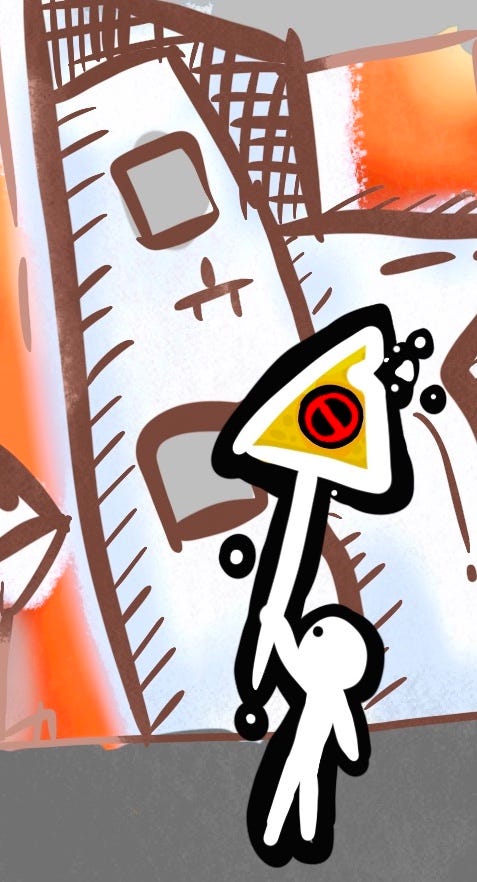Andrew Doyle on Free Speech
Review of Free Speech and Why It Matters
A: At first I thought it was a superficial book.
Q: Well, it’s only 98 pages long, and the author’s Wikipedia headline labels him a “comedian.” You shouldn’t expect Aristotle.
A: Doyle actually has a doctorate in Renaissance poetry from Oxford University, and I liked the book better the further I got in.
Q: Okay then, so why does free speech matter, according to Andrew Doyle?
A: There’s some grandiose stuff: “I start from the proposition that free speech is nothing less than the keystone of our civilization.” “Free speech is the marrow of democracy. Without it, no other liberties exist.”
Q: Do you agree?
A: Those statements are too vague and/or metaphorical to really evaluate. But Doyle’s more concrete assertions are plausible: “free speech is the only way to ensure that marginalised people are heard. To set limits on speech in order to improve tolerance is like attempting to extinguish a fire with gasoline.” This is, I think, vindicated by history: when free speech rights in the US were weaker, the government jailed, for example, feminists and union activists, using its then-greater authority to punish “dangerous” speech. But I do worry that the book doesn’t go into the history in enough detail to convince the doubters.
Q: Doyle opposes attempts to limit the expression of even quite horrible views. Why does he think it is okay, in fact a good idea, to, for example, let racists speak in defense of racism?


